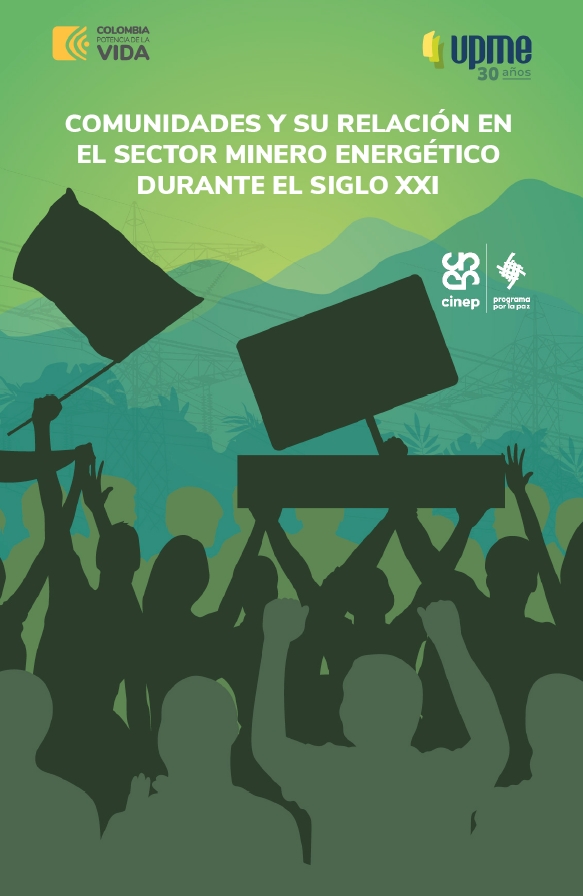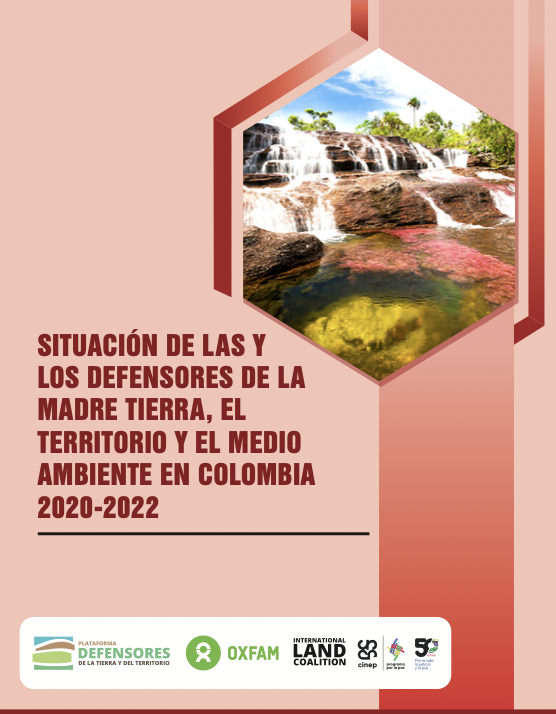Comunidades y su relación en el sector minero energético durante el siglo XXI
Este documento examina la relación entre las comunidades y el sector minero energético en Colombia en el siglo XXI, destacando la violencia política y las violaciones de derechos humanos como problemas persistentes. Se enfoca en la victimización de líderes sociales y la impunidad que perpetúa la violencia, especialmente en áreas mineras. Propone el diálogo regional y el desarme de los grupos armados como soluciones para un desarrollo sostenible y respetuoso de los derechos humanos.








